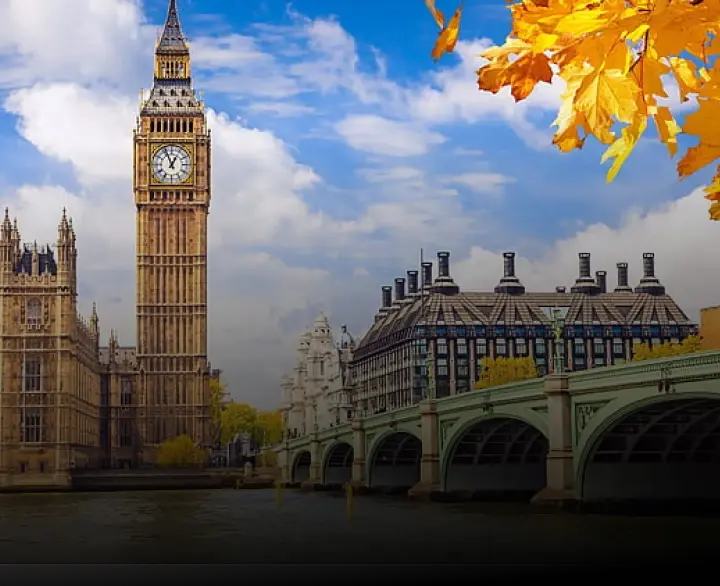
Updated on Nov 13, 2024, 06:28
When the cue card section begins, you'll receive a card with a topic related to science, followed by 1 minute to prepare your response. This segment is the 2nd part of the IELTS Speaking test, where you'll speak on the subject for up to 2 minutes. It's important to note that the IELTS Speaking test is a 1-on-1 interview conducted by a certified examiner, lasting approximately 11-14 minutes.
One such topic you may encounter is "Describe an Area of Science." Like valuable possessions, scientific areas have a significant impact and can be deeply inspiring. They often reflect the curiosity, innovation, and dedication of researchers.
Introduction: (Covers- What is it?)
Describing Your Experience/Opinion/Interest: (Covers- How did you learn it?/ Why are you interested in it?)
Key Highlights: (Covers- How is it helpful for you?)
Conclusion:
Introduction: (Covers- What is it?)
Describing Your Experience/Opinion/Interest: (Covers- How did you learn it?/ Why are you interested in it?)
Key Highlights: (Covers- How is it helpful for you?)
Conclusion:
Introduction: (Covers- What is it?)
Describing Your Experience/Opinion/Interest: (Covers- How did you learn it?/ Why are you interested in it?)
Key Highlights: (Covers- How is it helpful for you?)
Conclusion:
When the cue card section begins, the examiner will hand you a card with the topic "Describe an Area of Science" and give you one minute to prepare your response. During this time, you should brainstorm ideas and plan your answer.
To answer cue cards like "Describe an Area of Science," it's best to break down your response into small pieces to ensure clarity and coherence. Start with a brief introduction to the area of science you've chosen, then describe your experience, opinion, or interest related to it. Highlight key aspects or discoveries within that area, and conclude by summarising its significance or potential impact.
Introduction:
Describing Your Experience/Opinion/Interest:
Key Highlights:
Conclusion:
Also read: IELTS Speaking Questions with Answers 2024
In the IELTS Speaking test follow-up question round, the examiner aims to delve deeper into the topic discussed in the cue card round. This section is also known as part 3 in the IELTS speaking section.
Expect inquiries that seek clarification, further elaboration, or exploration of related aspects of the chosen area of science. This segment allows you to demonstrate your ability to express ideas coherently and engage in meaningful conversation on the subject.
Answer 1: Certainly, advancements in genetics have revolutionised healthcare, leading to personalised medicine and breakthroughs in treating genetic disorders.
Answer 2: Yes, quantum physics has paved the way for technologies like quantum computing, promising faster and more efficient computing capabilities with potential applications in various industries.
Answer 1: One challenge in neuroscience is understanding the complexity of the human brain and developing effective treatments for neurological disorders.
Answer 2: In the field of astrophysics, unanswered questions include the nature of dark matter and dark energy, which comprise a significant portion of the universe but remain elusive to direct detection.
Answer 1: Cultural factors can impact genetics research by influencing ethical considerations surrounding genetic testing and gene editing technologies.
Answer 2: Societal factors may shape research priorities in environmental science, driving efforts to address pressing issues such as climate change and pollution.
Answer 1: Emerging trends in biotechnology include the development of CRISPR gene editing technology and advancements in synthetic biology.
Answer 2: Quantum computing is poised to revolutionise information processing and encryption methods, with potential applications in finance and cybersecurity fields.
Ans. Typically, the IELTS Speaking test spans about 11 to 14 minutes. It comprises three segments: an interview, a brief presentation, and a discussion. This duration allows for a thorough evaluation of your speaking abilities within a manageable timeframe.
Ans. It's advisable to steer clear of informal language and slang during the IELTS Speaking test. Examiners assess your English proficiency based on your ability to communicate effectively, which is better demonstrated through the use of formal language. Speaking clearly and appropriately helps showcase your language skills effectively.
Ans. To refine your pronunciation for the IELTS Speaking test, consider listening to recordings of native English speakers, mimicking their pronunciation patterns, and recording yourself to pinpoint areas for improvement. Additionally, working with pronunciation resources and practising speaking with a language partner or tutor can offer valuable feedback and aid in honing your pronunciation skills.
Get the IELTS Prep App
4.2
1M+ Installs
Get the IELTS Prep App
4.2
1M+ Installs
Get the app link on your phone
Or download app from

